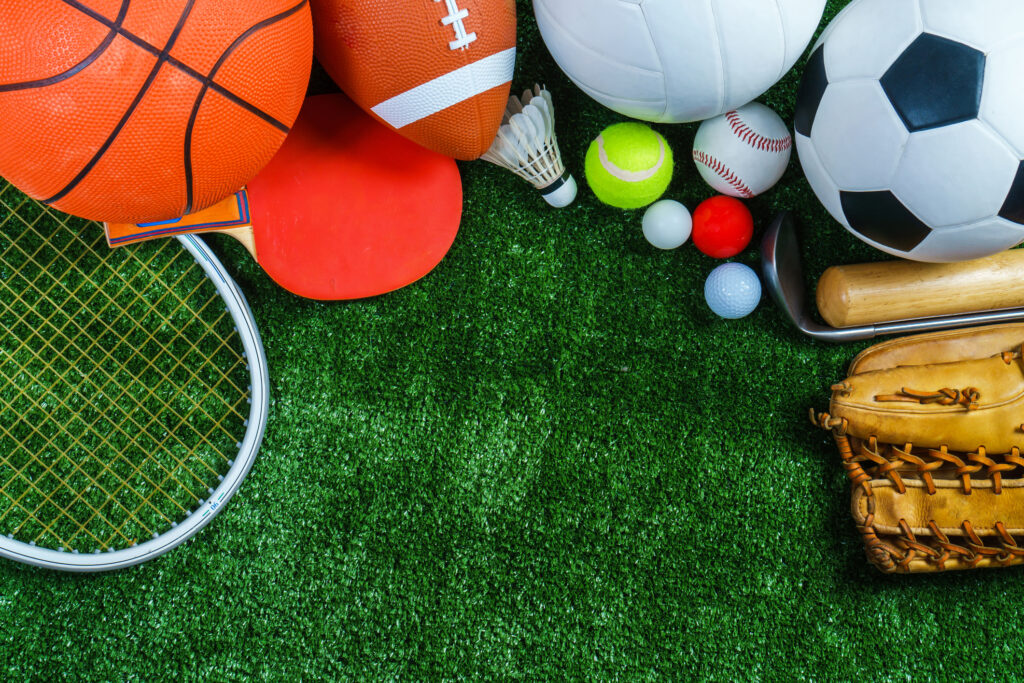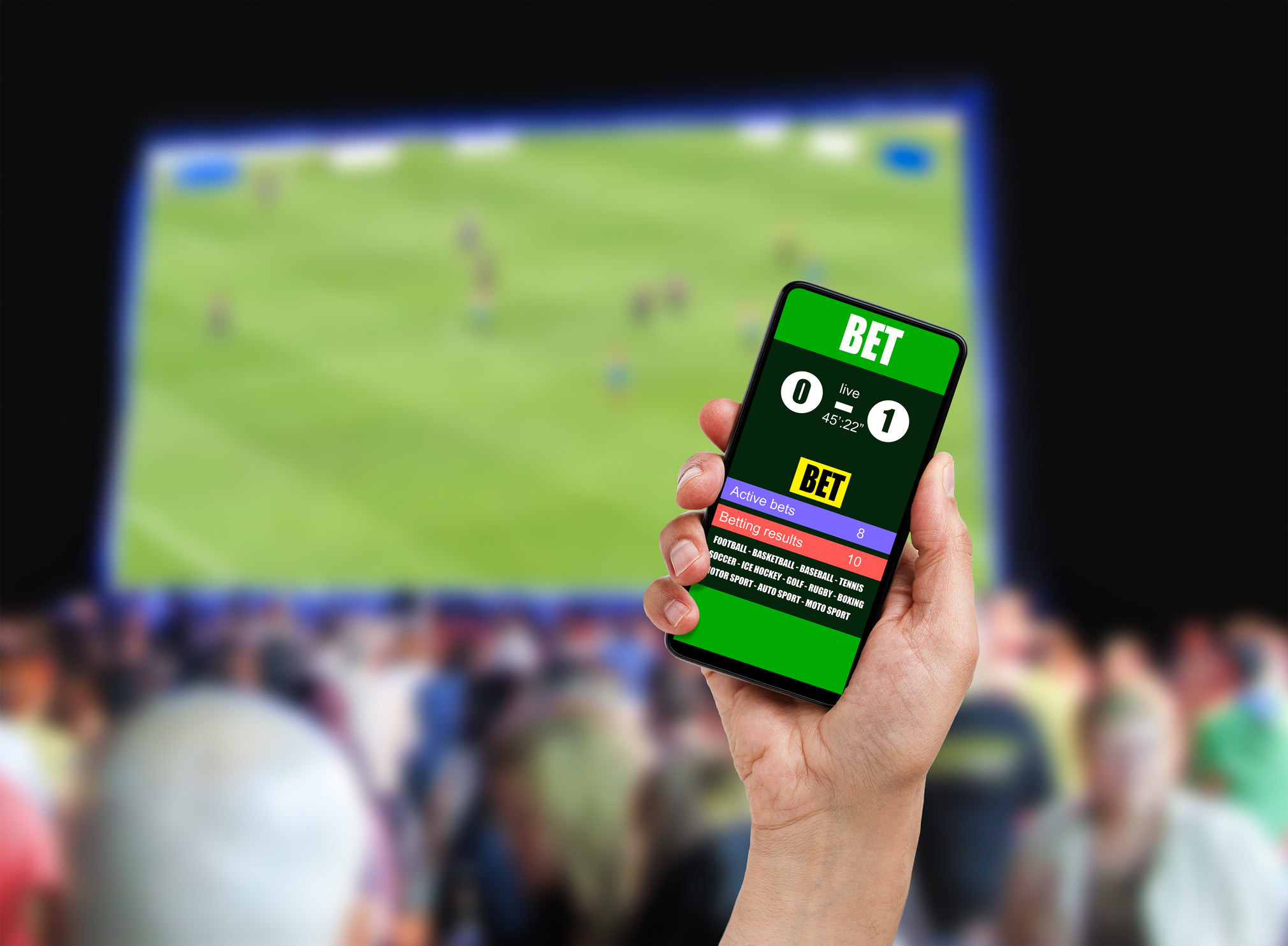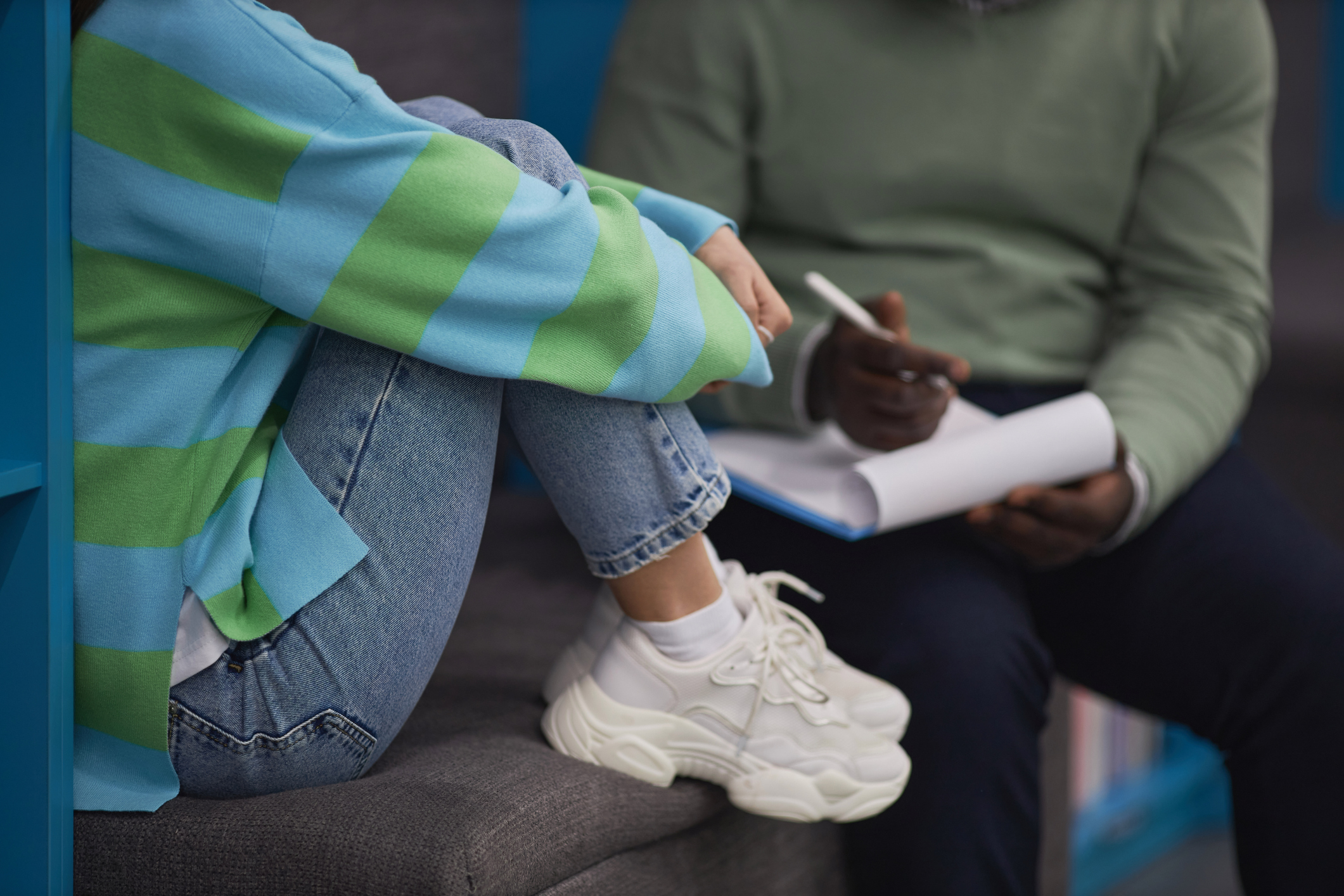
The rise of Name, Image, and Likeness (NIL) rights has revolutionized collegiate athletics, empowering student-athletes to monetize their personal brands while maintaining eligibility, something we previously covered in 2023. Since California’s groundbreaking Fair Pay to Play Act in 2019, which allowed college athletes to earn compensation through endorsements and other NIL activities, the movement has gained tremendous momentum. This landmark legislation inspired other states to enact NIL laws, creating a fragmented regulatory landscape nationwide.
State legislatures have tailored NIL regulations to balance opportunities for student-athletes, prevent exploitative practices, and maintain compliance with NCAA rules. While some states offer significant freedom in NIL agreements, others impose restrictions, such as prohibiting deals that conflict with university sponsorships. This dynamic legal environment highlights the complex interplay between state governance, federal legislative efforts, and the NCAA’s evolving policies regarding NIL rights in collegiate sports.
Colorado Legislation Enhancing NIL Rights for Student Athletes
Several Colorado lawmakers recently introduced HB25-1041, which proposes updates to NIL regulations to expand opportunities for both athletes and institutions. The bill extends NIL rights to all individuals eligible for intercollegiate sports. It allows higher education institutions and athletic associations to directly compensate student-athletes for their NIL.
Notably, the bill removes contract restrictions that conflict with team agreements, granting athletes greater freedom to pursue endorsement deals. Additionally, it ensures privacy by exempting NIL-related agreements and communications from public inspection under the “Colorado Open Records Act.” This legislation could significantly enhance NIL rights for Colorado student-athletes while protecting their privacy if enacted.
Oklahoma Executive Order on NIL Payments for Student-Athletes
On January 9, 2025, Oklahoma Governor Kevin Stitt (R) signed an Executive Order outlining guidelines for postsecondary institutions regarding NIL payments. The order permits institutions or authorized third parties to facilitate or pay current or prospective student-athletes for their NIL use during pending NCAA litigation on NIL matters.
The order prohibits the NCAA, athletic conferences, or other governing bodies from penalizing Oklahoma institutions or individuals for engaging in activities authorized under the order. Additionally, it prohibits those entities from using state funds for NIL payments. This temporary framework guides NIL compensation in Oklahoma amid ongoing regulatory uncertainty.
Missouri Bill Expanding NIL Rights for High School Athletes
Missouri state lawmakers pre-filed legislation, SB 80, in December 2024 relating to the compensation of high school athletes in the state. SB 80 seeks to expand the existing law that allows high school athletes to earn compensation for their name, image, likeness (NIL) rights, or athletic reputation under specific conditions. The bill would allow high school athletes, with approval from their school administration, to use identifiers associated with their school—such as the school’s colors, logos, mascot, name, nickname, and uniforms—in their NIL activities.
New Hampshire Fair Play Act Introduced
The “New Hampshire Fair Play Act” (HB 312) was recently introduced and, if enacted, would allow student-athletes at accredited four-year institutions to earn NIL compensation without risking their scholarships.
The bill would prohibit institutions from restricting NIL opportunities or penalizing athletes for pursuing them. However, it would prohibit direct compensation from schools. Athletes would gain access to professional legal representation. At the same time, it would prohibit NIL deals tied to industries like gambling, tobacco, alcohol, or firearms. Violations of these provisions would result in the loss of financial aid.
Texas Bill Prohibiting Certain NIL Agreements for Student Athletes
In Texas, State Senator Royce West introduced Senate Bill 655 to protect student-athletes from unfair name, image, and likeness (NIL) agreements. The bill would apply to students participating in University Interscholastic League activities or intercollegiate athletic programs in Texas.
The bill would prohibit contracts that grant exclusive negotiation rights over a student-athlete’s NIL or entitle a third party to a percentage of the athlete’s earnings beyond set limits. Any agreement violating these rules would be void and unenforceable, and waiving these requirements would be prohibited. Violators could face civil penalties of up to $100,000 per infraction. The bill would authorize the Texas Attorney General to seek penalties, injunctive relief, and recover legal costs.
From The Experts
Expert insights from the authors at Duane Morris Government Strategies.
Ryan Stevens
As the landscape of NIL rights for student-athletes continues to evolve, state-level legislation plays a pivotal role in shaping opportunities while addressing potential risks. From Colorado’s expansive proposals to Texas’s protective measures, these updates illustrate the ongoing effort to create equitable and sustainable NIL frameworks for student-athletes nationwide.
Latest News
Photo credit: iStock.com/runna10 Every year in the United States, a growing number of teachers leave their positions. While there are multiple reasons for this alarming trend, many teachers point to inadequate compensation as a significant [...]
Photo credit: iStock.com/yacobchuk The use of cell phones by students in classrooms is on the rise, despite 77% of schools prohibiting cell phones at school for non-academic use. With students often disregarding these rules or [...]
Photo credit: iStock.com/Cunaplus_M.Faba On March 11, 2024, North Carolina became the 30th state to legalize mobile sports betting. The process took about nine months, with Governor Roy Cooper (D) signing the mobile sports betting bill [...]
Photo credit: iStock.com/SeventyFour According to the Centers for Disease Control and Prevention (CDC), the number of adolescents reporting poor mental health is on the rise. A 2022 CDC report showed that 37% of high school [...]






Stay In Touch